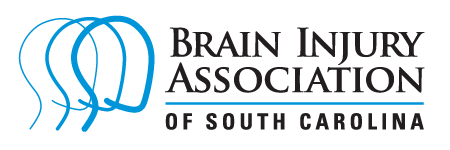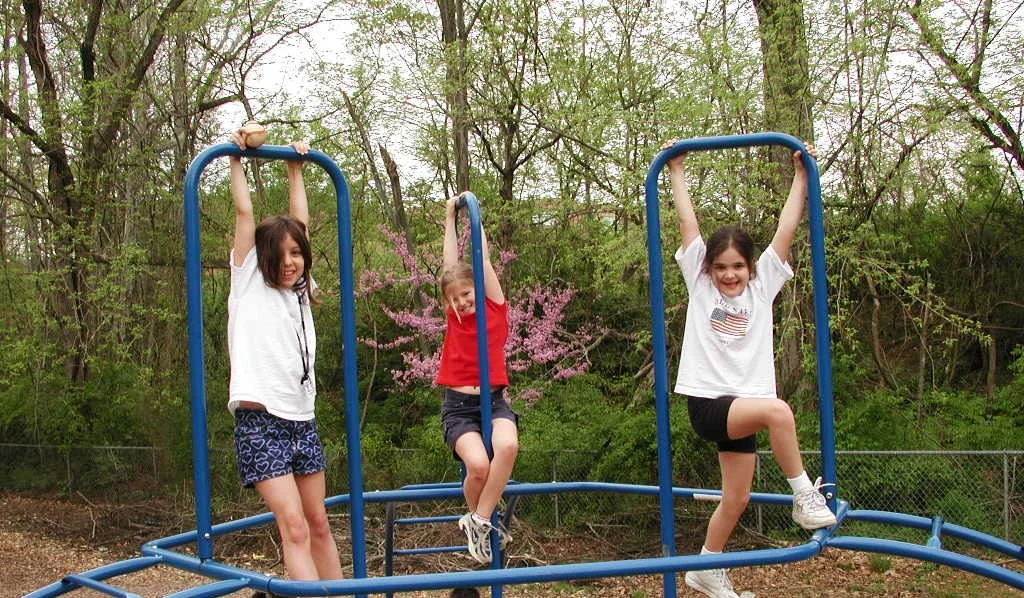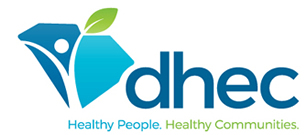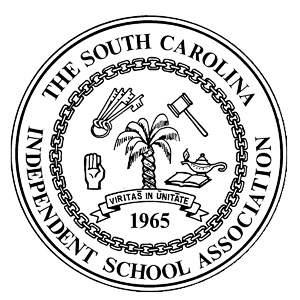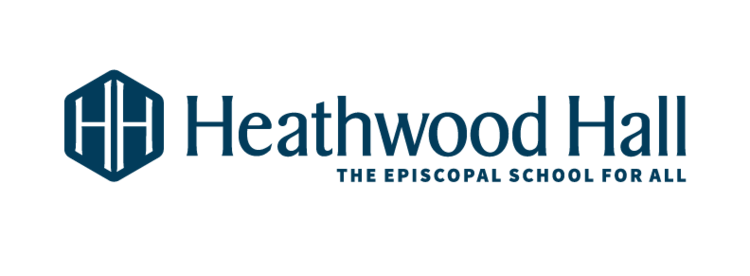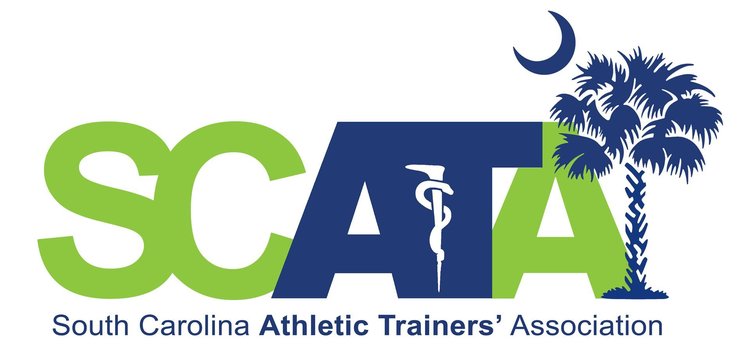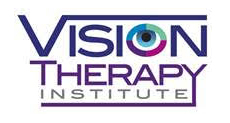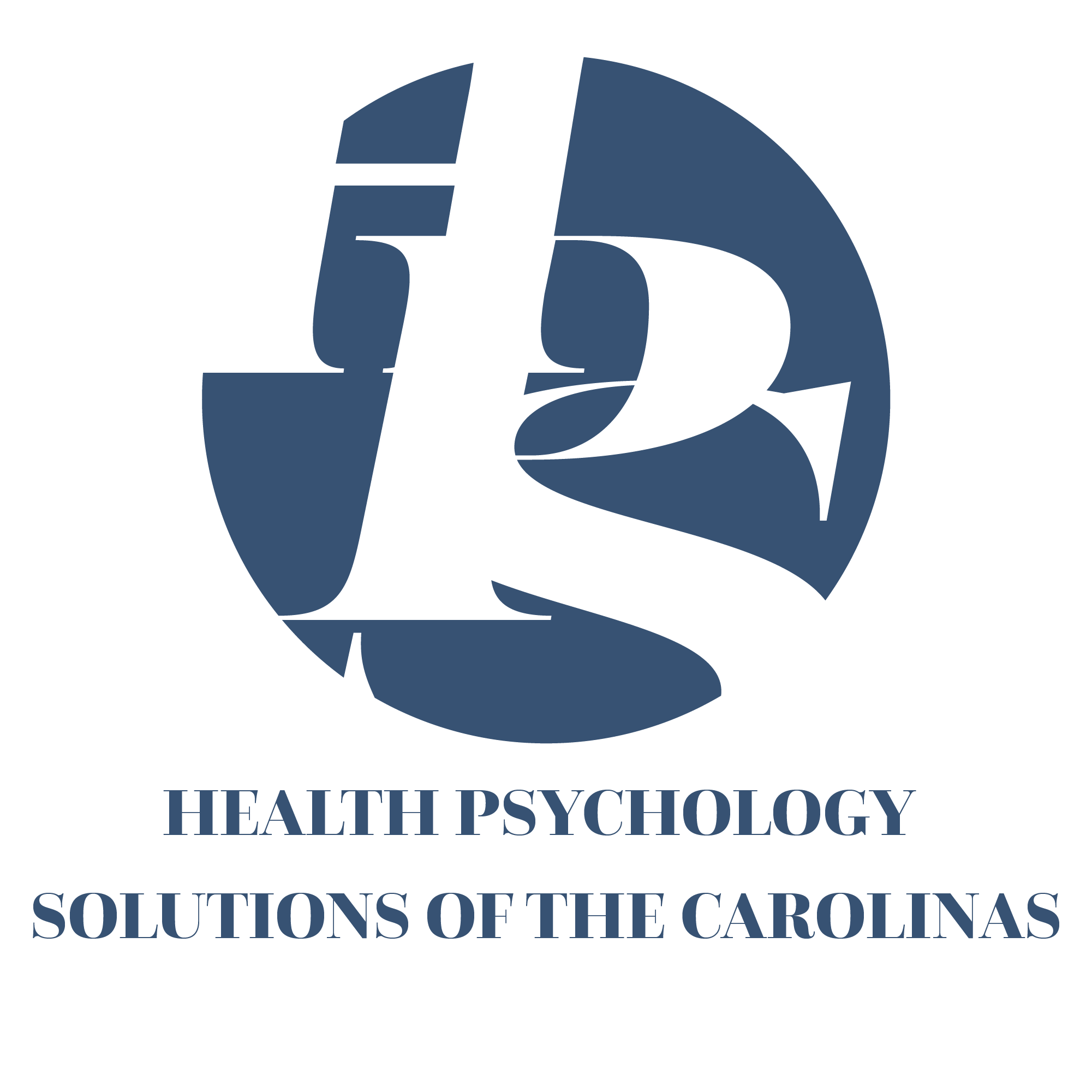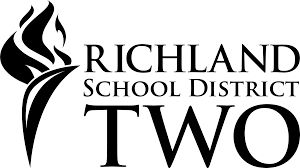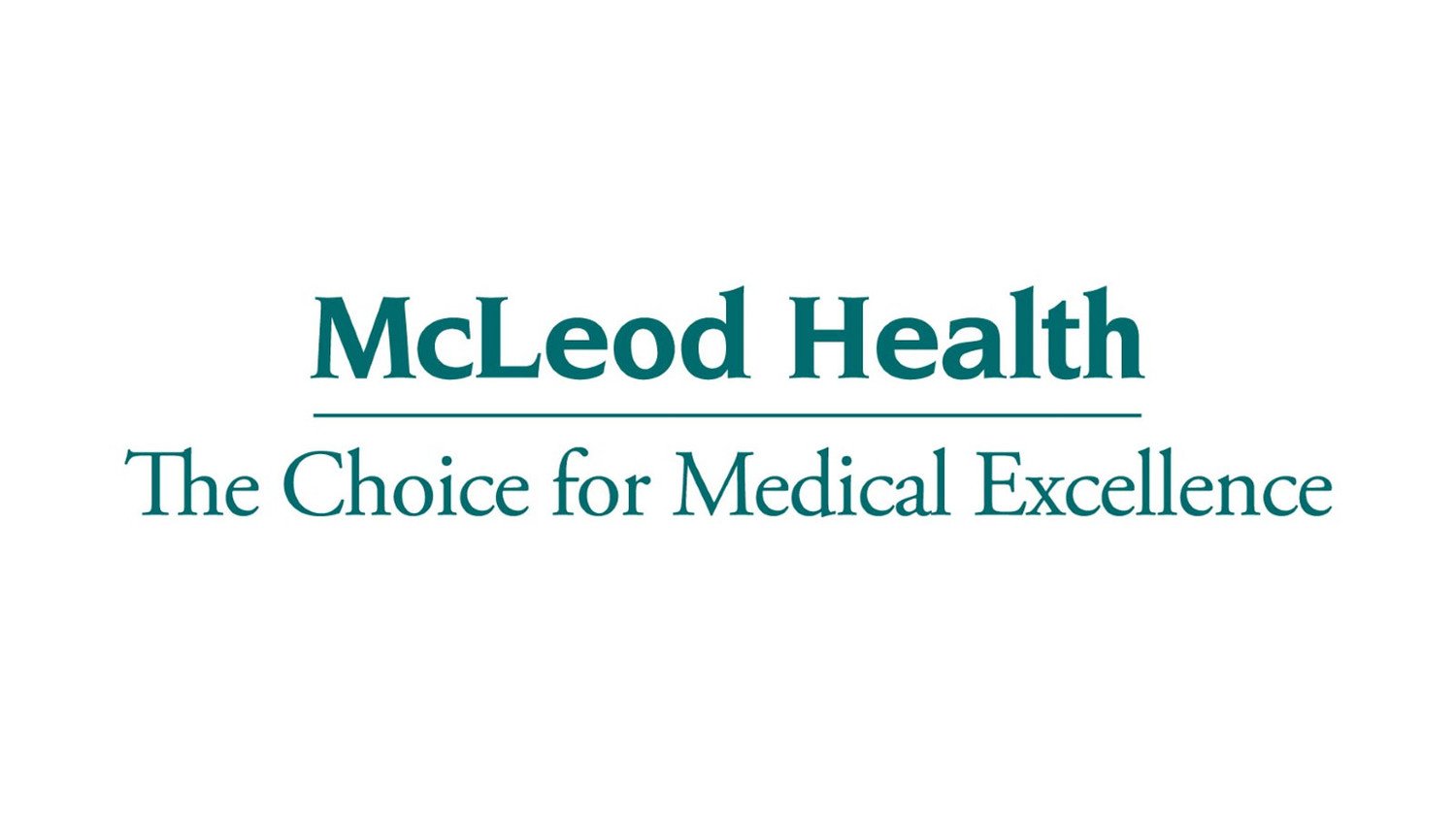
Importance of Concussion Awareness in Youth
In 2019 the Brain Injury Association of SC (BIASC) identified a gap in services for a large portion of the state’s population. We realized that there was a lack of consistent resources and knowledge regarding best practice of addressing concussions in school-age youth.
Information we felt was important to address included:
What are best practices when it comes to addressing concussions/mTBI (mild Traumatic Brain Injury) in youth?
How can we ensure that youth have a safe Return to Play and sports that is in accordance with the SC Student Athletic Concussion Law?
What can we do to assist teachers, school administrators, and school nurses in a successful recovery from concussion/mTBI in a way that does not exacerbate symptoms? (Return to School and Return to Learn processes).
What tools and advocacy skill building can we provide to parents and guardians to ensure their child receives the support they need during the typical 28-day recovery period from a concussion/mTBI?
How can we ensure EVERY member of a child’s safety net has access to the same resources and information so they can work together in the best interest of that young person?
To address this gap, BIASC received grant funding to start the Brain Injury Safety Net Program (Safety Net). Safety Net works with partners across the state to promote much-needed resources and educational materials regarding brain health in school-age youth. Through resources, trainings, and outreach efforts, Safety Net continues to make strides with it’s goals to improve the coordination of medical and academic services that young people need to recover and thrive after experiencing a concussion, or mTBI.
Ultimately, the Brain Injury Safety Net aims to create a coordinated network of providers and agencies to ensure that every child will have a greater chance of accessing the supports and interventions needed for concussion recovery and optimal long-term functioning, regardless of access to financial resources.
mTBI = Concussion
It’s important to understand that a concussion *IS* a traumatic brain injury, or TBI. Simply put, a TBI is damage to brain cells after a bump, blow, or jolt to the head, or from a hit to the body that causes the head and brain to move rapidly back and forth. Concussions are form of mild traumatic brain injury (mTBI), but they should still be taken very seriously.
For important information on concussion in young people, please visit the CDC’s Heads UP Website.
430,000 ER Visits per Year
Approximately 430,000 Emergency Department (ER) visits resulted from sports and recreation-related mild traumatic brain injuries (mTBI). Most concussions do not involve a loss of consciousness. While many students receive a concussion from sports-related activities, numerous other concussions occur from non-sports related activities – such as car, bicycle, and playground accidents.
+70% of Concussions Heal Successfully
Most concussions will resolve successfully within the first four weeks after the injury if they are managed well. Those first four weeks post-injury are a “window of opportunity” to maximize positive outcomes. Research shows that the average recovery time for a child or adolescent is about 28 days, slightly longer than the average recovery time for an adult.

The South Carolina REAP Manual helps families, schools, and medical professionals develop a multi-disciplinary team for students and student-athletes to help ensure a full recovery from a concussion.
Get Schooled on Concussions & COVID
Through a partnership between the Brain Injury Association of South Carolina and Get Schooled on Concussions, new resources are now available to help you understand childhood concussions and help you properly support students once they return to a learning environment.
Schools, teachers and other professionals in the education field have free access to these materials.
Check out BrainStorm, an advocacy and support group for young adults ages ages 15-29 who have been impacted by brain injury. Impacted by brain injury means a young adult who has sustained a Traumatic Brain Injury (TBI), sustained a concussion (also known as a mild Traumatic Brain Injury - mTBI), has a brain injury obtained in another way, or has a partner/sibling/parent/friend who has experienced a brain injury. This group meets on Zoom the 3rd Wednesday of the month from 6:30 - 8 pm EST. Learn more and refer a young person you know by clicking this link.
Young adults are also encouraged to join our Facebook group!
Contact Rachel Kaplan, Safety Net Coordinator for more information about the group and how to join!
Did You Know?
“Did you know that excessive rest has been associated with worse symptoms and longer recovery? In the past, health professionals recommended very little stimulation. These recommendations are no longer considered standard of care. Because of the social and emotional importance of school, it is beneficial to help students gradually return to their normal routine. The new guidelines for the first week include ‘push to, not through, symptoms.’ Tolerating more and more academic and physical activity without worsening symptoms are signs of a healthy recovery.”
Kerry Sease, MD
President, South Carolina Chapter of the American Academy of Pediatrics
Our Partners
The SC Brain Injury Safety Net is a program hosted by the SC Brain Injury Association of South Carolina that places focus on a collection of associations who are committed to providing brain injury prevention and care for South Carolina’s youth.
To learn more about our partners and the members of our Brain Injury Safety Net Taskforce, please click on the Brain Injury Safety Net button below.


